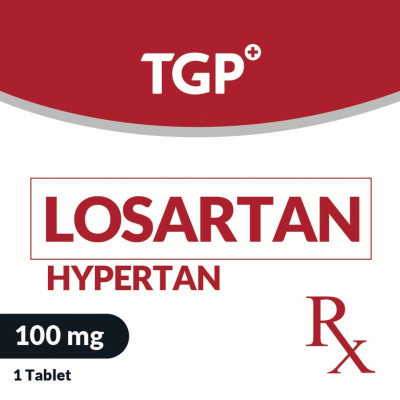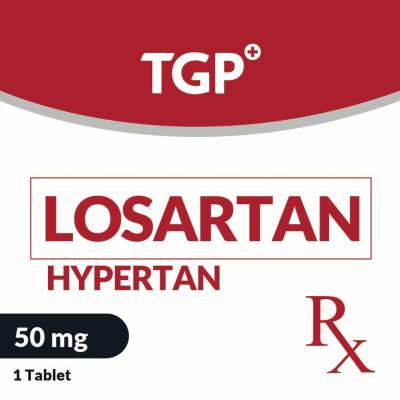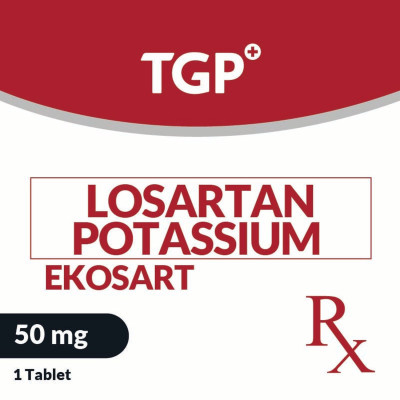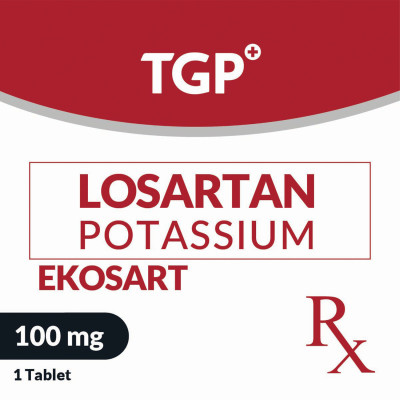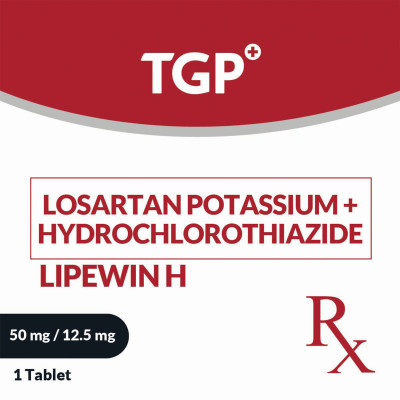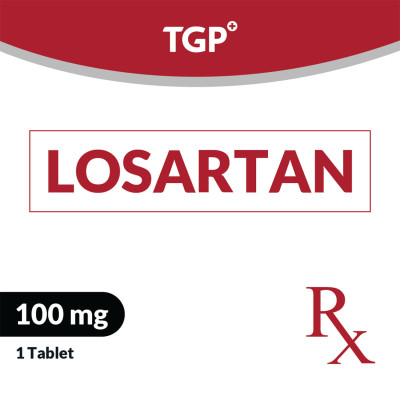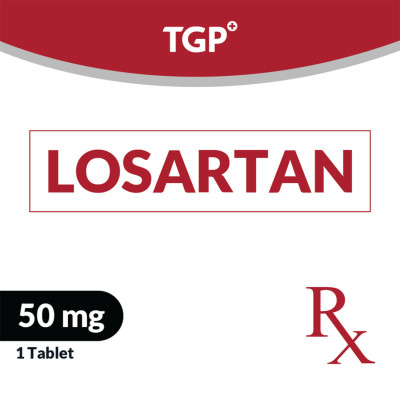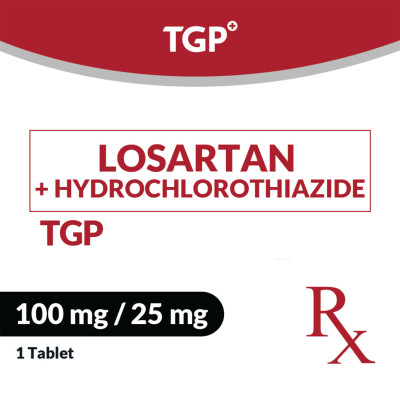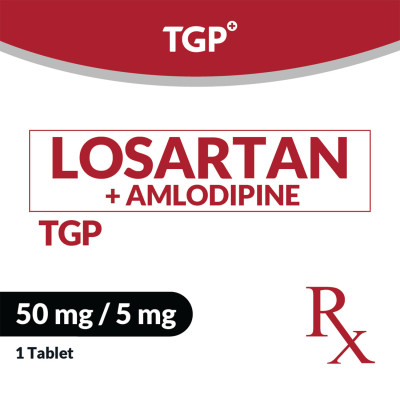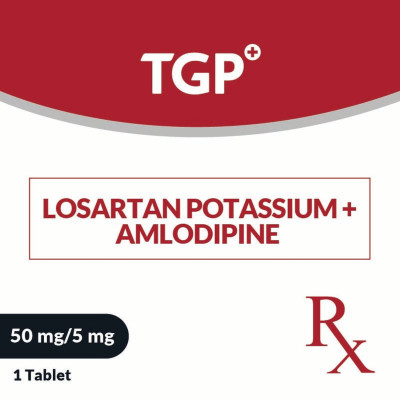Hyperlipidaemia disease is more commonly referred to as high cholesterol. While this condition can sometimes be inherited, it is more often than not triggered by unhealthy lifestyle choices.

What is hyperlipidaemia?
Hyperlipidaemia is a term used to describe abnormally high levels of fat, or lipids, in the blood. The two major types of lipids in the body are called triglycerides and cholesterol.
Triglycerides are made when the body stores excess calories it has not used for energy. They can also come from the food we eat like red meat and whole-fat dairy. Refined sugar, fructose (sugar from fruits), and alcohol can also raise triglyceride levels.
Cholesterol is waxy substance naturally produced in the liver because it is needed by the cells. Cholesterol can also be found in fatty foods we eat like eggs, red meat, and cheese.
What causes hyperlipidaemia?
Hyperlipidaemia is caused by cholesterol. Some people are pre-disposed to have high cholesterol levels in their bodies while others build up a high level due to the kinds of food they eat.
Foods that have cholesterol, saturated fat, and trans-fat can all raise your blood cholesterol level. Examples of these are:
- Cheese
- Eggs (specifically egg yolks)
- Fried and processed foods
- Ice cream
- Pastries
- Red meat
What are the symptoms of hyperlipidaemia?
Most people do not feel any signs and symptoms of hyperlipidaemia at first. Hyperlipidaemia is a disease that gradually makes itself known, and by then, your cholesterol may be dangerously high.
The only way to determine if you have hyperlipidaemia is through a blood test.
What are the complications of hyperlipidaemia?
Hyperlipidaemia is a dangerous disease because apart from having no symptoms, it can lead to other potentially life-threating cardiovascular diseases.
When the cholesterol and triglycerides in your body build up, it can block your arteries. This makes your blood vessels narrower, making it more difficult for blood to get through, which leads to high blood pressure.
The cholesterol and triglyceride buildup can also cause a blood clot to form. When this happens, it could break off and travel into your heart, causing a heart attack. If it ends up in your brain, it can lead to a stroke.
What are the drugs for hyperlipidaemia?
The proper treatment for hyperlipidaemia is a lifestyle change coupled with medication. These cholesterol- and triglyceride-lowering medications may include:
- Statins
- Atorvastatin
- Fluvastatin
- Lovastatin
- Pitavastatin
- Pravastatin
- Rosuvastatin
- Simvastatin
- Bile-acid binding resins
- Cholestyramine
- Colesevelam
- Colestipol
- Cholesterol absorption inhibitors
- Asezemtimibe
- Fibrates
- Fenofibrate
- Niacin
- Omega-3 fatty acid supplements
